interview with Natalie Gautier – Marketing Manager @ SOFRIP Tunisia
With over 25 years of experience, SOFRIP is a Tunisian North African leader company in the textile recycling industry specializing in used clothing, shoes, wiping rags and fraying.
.
1. Please let us know more about SOFRIP company, history and its success storyWith the increment in textile production and everyday fashion, the textile sector has created a serious problem for the plant, landfill has become full of textile waste which directly affects the environment.
The pioneering spirit that our manager Mr. KANNOU Hamdi possesses, and the experience he has acquired over the years, allow him to embrace a new perspective on treating used clothes as end-of-life waste, but a perspective that allowed us for shaping what we do around what the world needs, to optimize the working process and propose sustainable solutions for used textiles.
Indeed, it fully assumes its responsibility toward the environment, human beings, and society, and places ecology at the heart of its strategy.
The vision: a textile and footwear sector that is a part of the circular economy.
One of the challenges that we took in 2019 is to be certified in quality management ISO9001:2015 and now we are the only company that has this certificate in Tunisia
2. SOFRIP is a leader company in recycling textile products, please let us know more about your range of products and their usage. Which kind of textiles you recycle in SOFRIP?
Used clothes: giving those clothes a second life to be re-worn and re-use
Wiping rags are useful for cleaning and absorbing different kinds of liquids like oil and water… with a soft touch without putting a trace.
Recycled fibers: AKA shoddy
Can be used in many sectors like automotive, building, and mattresses … depending on the textile component we use for production ( denim, acrylic, polyester…) Basically, in SOFRIP we recycle all types of textiles.
The global recycled textiles market size was valued at $5.6 billion in 2019 and is anticipated to generate $7.6 billion by 2027. The market is projected to experience growth at a CAGR of 3.6% from 2020 to 2027.
3. Why our planet and future needs biodegradable, organic and recycled textile products? Why we should pay attention to sustainability?
over the years the industry has been growing disruptively which creates a big problem in terms of pollution in the sea, land, and air, we all know that many textiles components are petroleum derivatives like the polyester and acrylic, as well the cotton needs a lot of water to grow, So just to make a pair of jeans it needs gallons of water and child labour epically in Asia.
Recycling old clothes and textile waste avoids the pollution and the emission of CO2 that could be caused by other old methods of eliminating those wastes such as Incineration, burial To solve those problems by 2030 as the UN set an agenda for SDGs.
Though, sustainability is the essence that drives us to shape what we do around what the world needs with saving enough resources for the next generation so sustainability keeps the world in balance a strategy should be put into each action we take to make the world a better place for us and the next generation.
4. How do you evaluate Tunisia’s textile industry in terms of production and infrastructure?
The textile sector in Tunisian is growing so fast in terms of infrastructure and innovation as a prove Tunisia is exporting 69.4% of jeans to the USA with a growth of 8.77% in just one year (2021)
Many businessmen have opened their businesses of textile in Tunisia as it is a land of opportunities for them in the textile sector as the law and the labours experience is playing a major role in the success of such projects
5. How do you collect textiles and apparel for recycling? All come from Tunisia or collect from other parts of the world?
Mainly, our clothes are coming from Europe ( Italy, Germany, France, USA)
Ps: we don’t collect the clothes we import used clothes from companies all over the world which are specialized in collecting used clothes
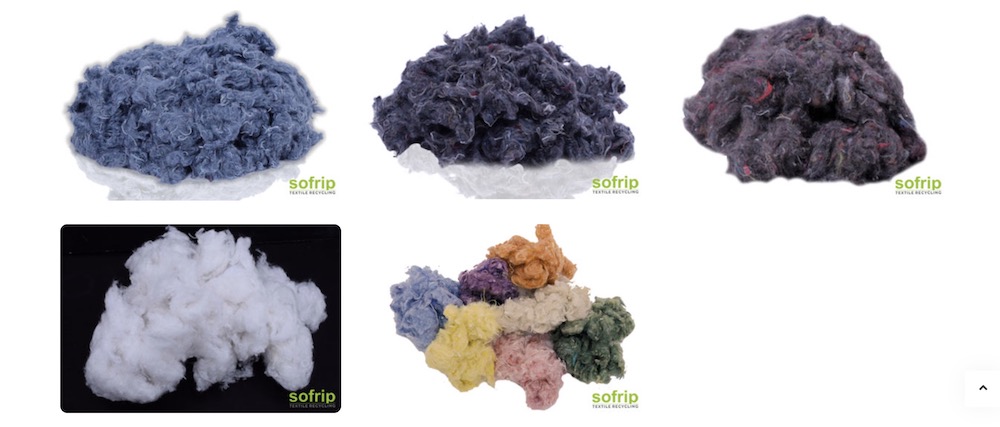
6. How many percentage of your products use again in Tunisia and how many percent are exported to other countries?
35% up to 40% of our products are commercialized locally and between 60% to 65% are exported to several countries in Europe, Uk, and Asia
7. Could you please explain a brief about the textile products recycling process in SOFRIP?
SORTING
Used textiles are first carefully sorted into a variety of items for children, men, and women, shoes, cleaning cloths, etc.
Our sorting facility is highly performed with the technologies and necessary types of equipment best suited for the purpose.
Used clothing is sorted carefully according to a quality degree, fashion aspects and trends, clothing styles, colors, and the needs of our customers. We sort 6000 Tons of used clothes per year
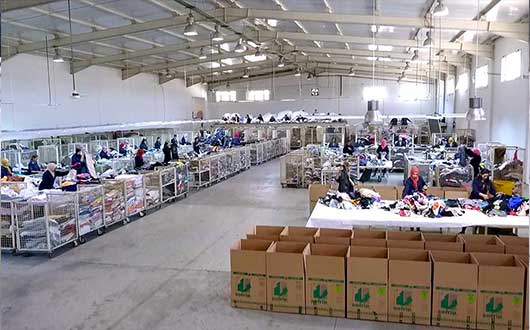
Cutting
During the cutting process, we turn the leftovers from the sorting process into a wide range of wiping rags compatible with our customers’ needs and market destinations.
SOFRIP assures the safety of all products by complete and hard quality control during sorting process based on human potential and metal detection equipment technologically advanced.
Today SOFRIP is considered a major player in the field of industrial wiping rags suitable for any use or application.
Recycling
SOFRIP develops mechanical methods and techniques with the aim that used clothing is recycled safely.
Based on a unique know-how SOFRIP integrates a fraying unit with a high-level industry process control system that complies with international standards and requirements thanks to the use of high-performance equipment strengthened by an inhalation system assuring a very small rate of dust.
The fraying technique allows used clothing which is not suitable for reuse to be transformed into the first quality of raw materials for high-tech sectors such as automobiles, furnishing, and geo-textile.
Thanks to these efforts, we were able to reduce waste and put our ‘ZERO WASTE’ philosophy into practice.
8. Why customers should select SOFRIP products in the international market?
With an experience of more than 25 years in sorting and recycling, we reach a high level of customer understanding in terms of packaging and quality
Hence, we pay attention to specifics points that are crucial when it comes to choosing a company from another :
-Personalized services: after discussing all the details and understanding the customer’s needs we do our best to align our products to the customer’s requirements for a fruitful partnership for both of us
-sustainable quality is proven by our customer tribute, testimonials, and certification
-Innovation: SOFRIP always seeks for innovating new ways and manners to improve its products taking into consideration customer’s requirements, environmental issues and sustainable development



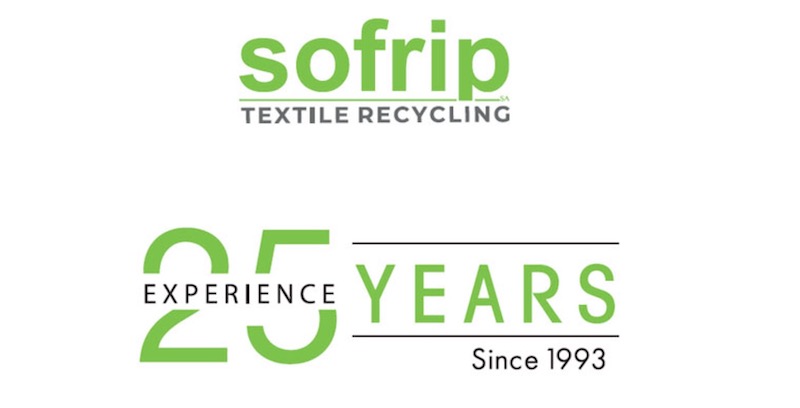
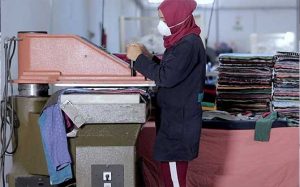
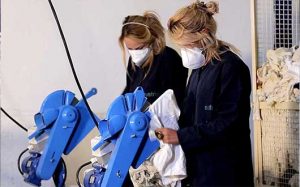
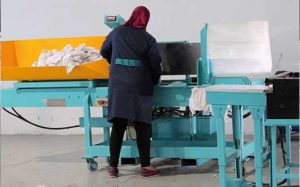
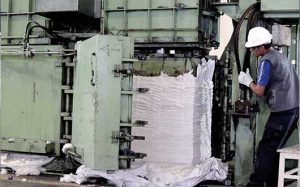
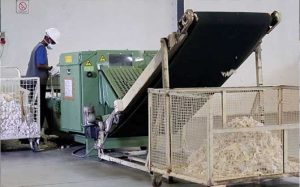
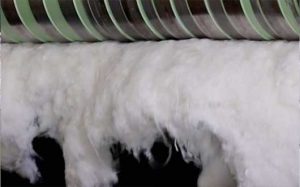
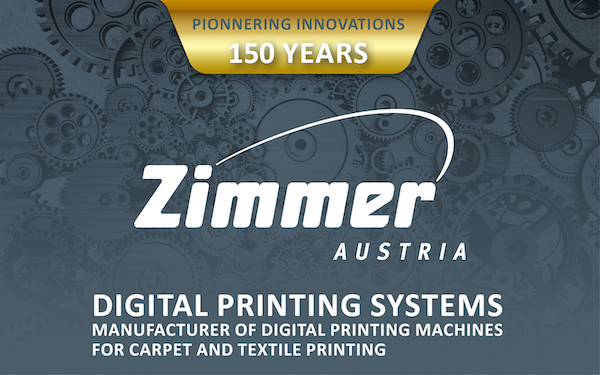

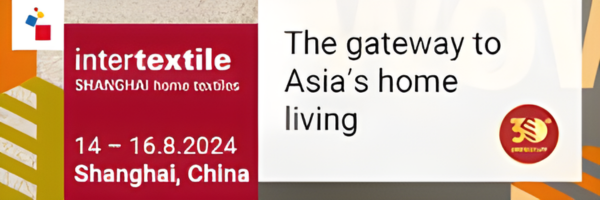




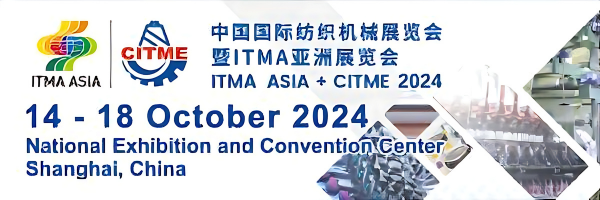


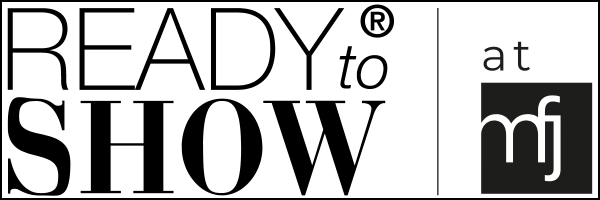
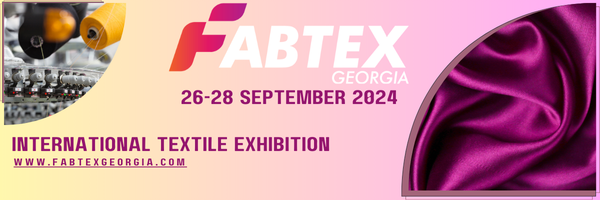
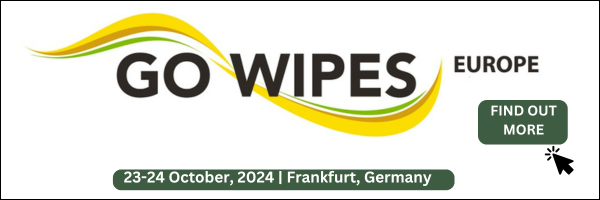


Dear Sir,
How are you today.
We regularly export our products ” TEXTILE WASTE” ( COTTON HOSIERY
CLIPS) ALL COLOUR from Bangladesh to others country around the world.
Our Products:
– Textile Waste (Cotton Hosiery Clips) all color.
– DENIM (Jeans ) Clips Cotton and PC.
– Cotton Yarn Waste.
– Jute Yarn..
– If you are interested our above products pls send me inquiry.
I will try my best to supply you from Bangladesh.
Pls send me your details inquire (which Quality you needs and quantity,
destination port) so that I will quote you our best Price.
Your good co-operation with inquiry highly appreciated.
I am waiting for your NEW INQUIRY.
Best regards,
OBAID
A.E. Trading International
13/11 Shailargati, Dattapara,
Tongi, Gazipur,
Bangladesh.
Whatapp/Cell No: 00880- 1912-247258.